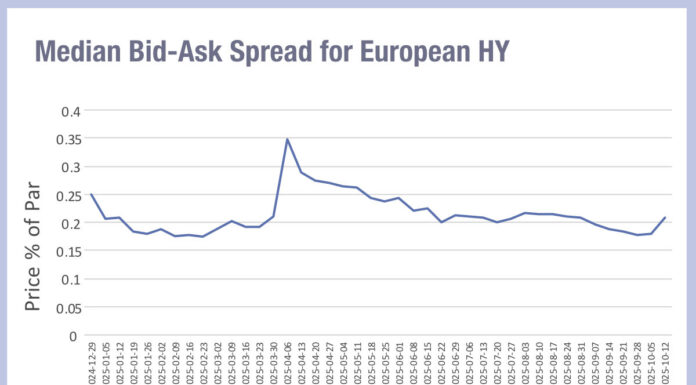US markets regulator, the Securities and Exchange Commission (SEC), has adopted two rules that require market participants who engage in certain dealer roles, in particular those who take on significant liquidity-providing roles in the markets, to register with the SEC, become members of a self-regulatory organisation (SRO) such as an exchange or trading venue, and to comply with federal securities laws and regulatory obligations.
“In recent years, high frequency trading firms that specialise in electronic and automated trading have achieved a significant share of trading in the Treasury market,” said commissioner Jaime Lizárraga. “Some unregistered firms trade in high volumes that are comparable to those of the most active registered firms. The net result is a Treasury market that is now split between registered firms that operate with transparency, adequate capitalisation, and operational integrity and unregistered firms with a significant presence in the market that don’t.”
The final rules, Exchange Act Rules 3a5-4 and 3a44-2, define the phrase “as a part of a regular business” in Sections 3(a)(5) and 3(a)(44) of the Securities Exchange Act of 1934 to identify certain activities that would cause persons engaging in such activities to be “dealers” or “government securities dealers” and be subject to the registration requirements of Sections 15 and 15C of the Act, respectively, in connection with certain liquidity-providing roles.
“I am pleased to support this adoption because it requires that firms that act like dealers register with the Commission as dealers, thereby protecting investors as well as promoting market integrity, resiliency, and transparency,” said SEC chair, Gary Gensler. “These measures are common sense. Congress did not intend for registration and regulatory requirements to apply to some dealers and not to others. Absent an exemption or exception, if anyone trades in a manner consistent with de facto market making, it must register with us as a dealer – consistent with Congress’s intent.”
Under the final rules, any person that engages in activities as described in the rules is a “dealer” or “government securities dealer” and, absent an exception or exemption, is required to: register with the SEC under Section 15(a) or Section 15C, as applicable; become a member of an SRO; and comply with federal securities laws and regulatory obligations and applicable SRO and Treasury rules and requirements.
“Registered firms provide the market with key data that make it easier to discern and assess market risks,” said Lizárraga. “These firms comply with applicable financial responsibility and risk management rules. Absent today’s reforms, our capital markets and financial regulators would continue to lack key data, and therefore limited oversight, over an unregistered segment of the market.”
The compliance date for the final rules will be one year after the effective date of the final rules, which is 60 days after being published in the Federal Register.
©Markets Media Europe 2025













